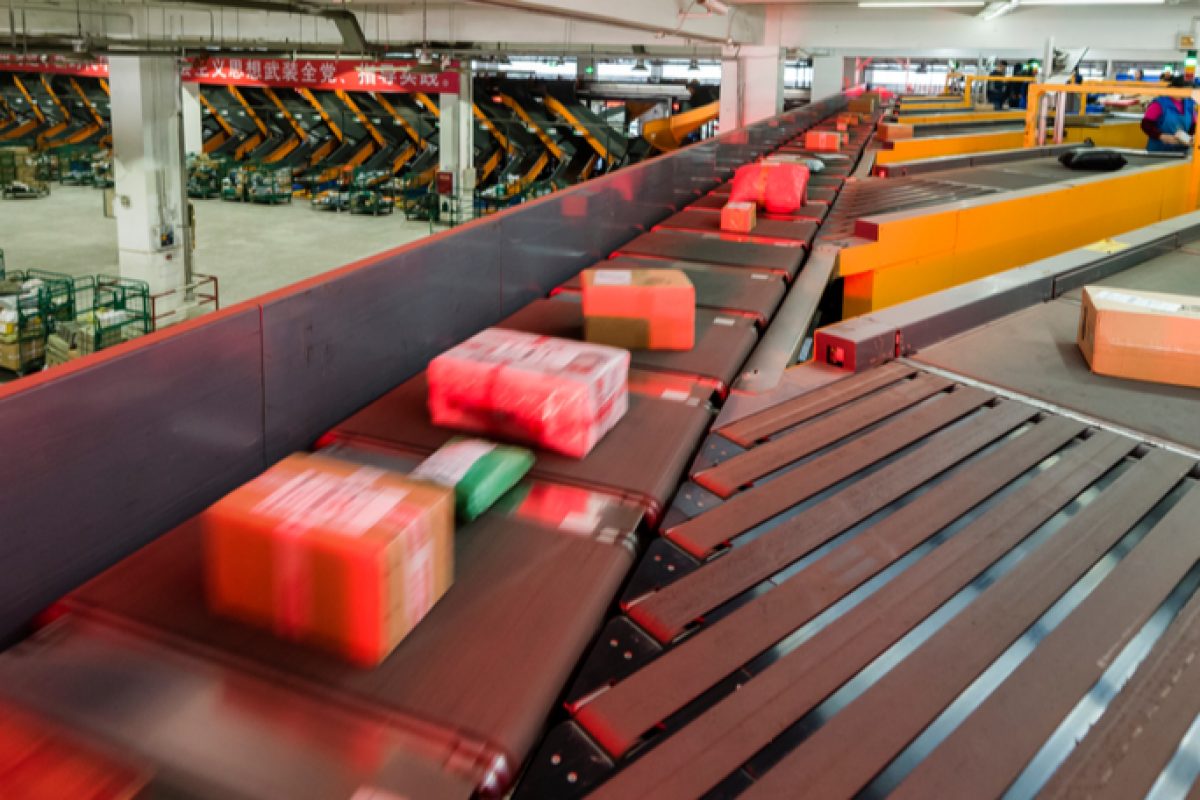Since the advent of telematics and geolocation, the implementation of smooth supply chain management has gotten considerably easier. Communication between drivers, warehouse staff, logistics and operations has become more coordinated, and client expectations can be managed in real time if, for example, there are issues with stocking, delays, or shipping.
But the workload on is still substantial, and with real time data comes the expectation that someone is always on the other end of the phone or computer screen ready to deal with problems as they arise. High standards naturally lead to pressure to meet targets, and in such an environment any tool or innovation that might help is welcome.
The good news is that supply chain management solutions have found an efficient and diligent way of easing this burden using AI (Artificial Intelligence). By implementing these new technologies across the supply chain, businesses can more easily identify their own strengths and weaknesses.
AI facilitates improvement within the supply chain by:
- Organising and analysing huge volumes of data
- Establishing patterns and understanding relationships
- Providing end-to-end visibility, from operations to maintenance and logistics
- Facilitating more thorough problem-solving and decision-making
We already know that a supply chain is the glue that holds together the multiple and often disparate functions that a business fulfils. Integrated planning, therefore, allows businesses to successfully prioritise resources across different areas and allocate accordingly.
According to IBM, around 88% of high performing organisations have reported that AI is an inevitable essential across all industry, and over 95% of that same sample already think of AI as central to their business’s success.
What this shows is that machine learning is no longer the reserve of sci-fi writers or fringe theorists, but is now being touted as the next mainstream implementation project across all industries. It can also ease workloads by augmenting human interaction with the allocation of resources, assignment of people to tasks, and scheduling deadlines.
The trick, of course, is for businesses being able to integrate AI across their entire organisational network before their competitors. Getting in on the ground floor quickly offers businesses the chance to maximise their advantage, experience an early ROI and grow their profit margins.
At Sprint Logistics, we ensure fast, efficient and reliable delivery, and are already well ahead of the competition when it comes to building the future. Not only do we strive to reduce friction across the supply chain, but we also give our clients complete control over their e-commerce infrastructure; seamlessly integrating across all leading platforms and marketplaces, including Amazon, Shopify, eBay and Magento.
Our experts are on-hand to speak with you about your supply chain needs, as well as providing logistics support, from order to distribution and returns. Get in touch now and learn more about how we can help your business.




